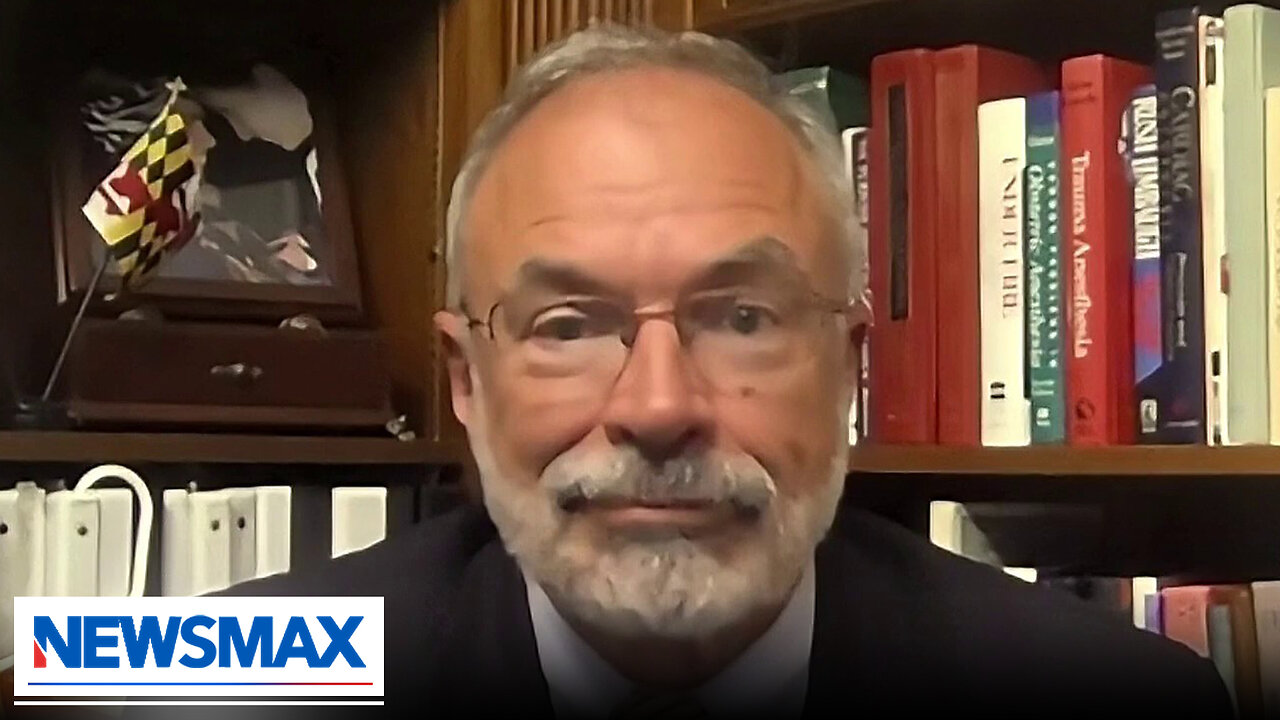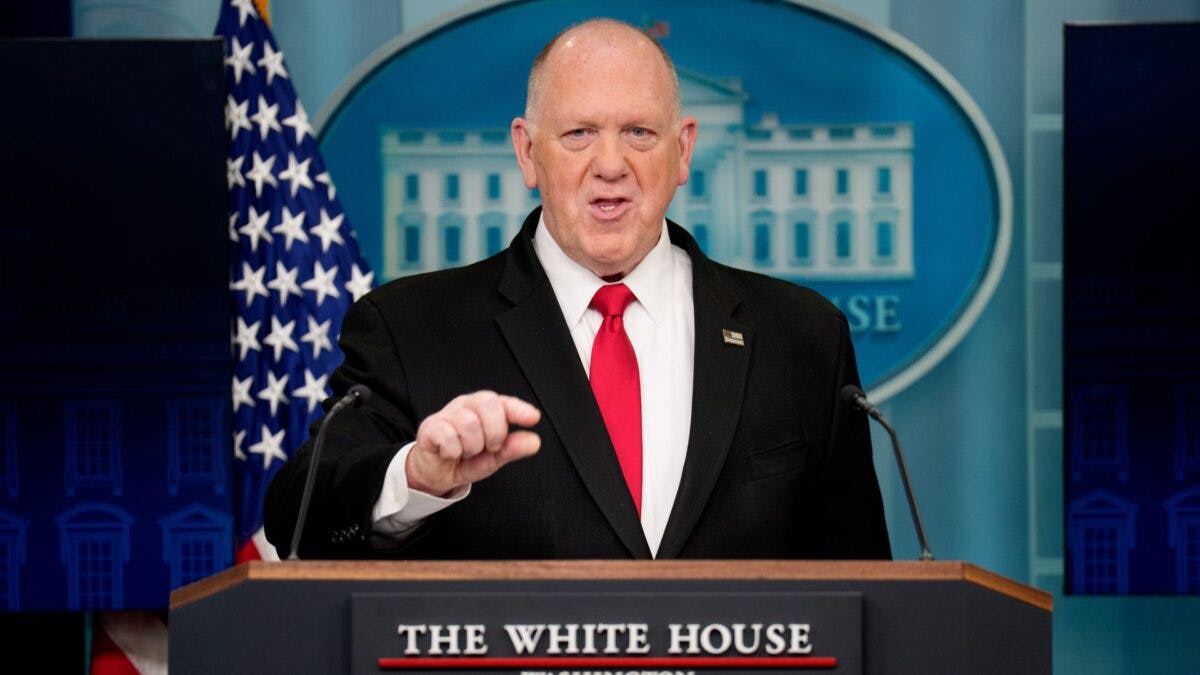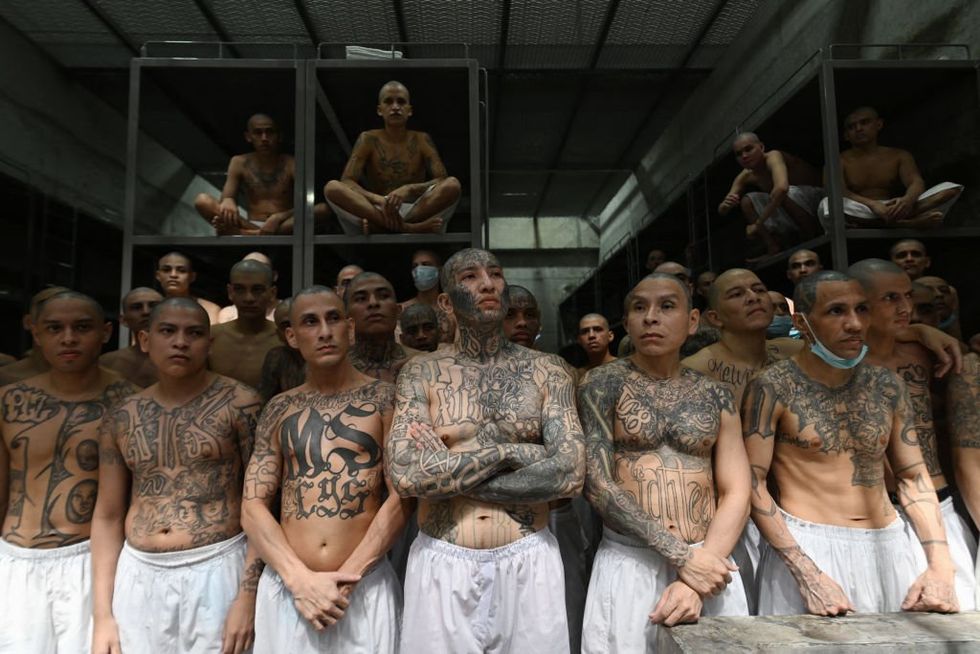Biden’s HHS chief faulted by congressional report for failing to do required paperwork



Xaver Becerra, when he was pulled out of the position of attorney general for California to become Joe Biden’s Health and Human Services chief, widely was known for one thing: his ardent advocacy for abortion for all.
Now the choice Biden made in appointing someone with the qualifications of Becerra is coming back to sting, as a congressional report is warning that billions of dollars of federal biomedical and public health research funding could be jeopardized because of his technical failure.
It seems that, the report said, 14 directors of some of the largest of the National Institutes of Healths’ 27 individual organizations and centers needed to be reappointed to their positions by Dec. 12, 2021, under requirements of the law and the appointments clause of the Constitution.
Only they weren’t.
The Washington Examiner explained the report said a two-year investigation by the House Energy and Commerce Committee found no evidence that Becerra signed the required paperwork by that deadline to “fulfill the legal requirements to legitimize the respective directors of the 14 institutes and centers.”
Without a legitimacy in their positions, anything they adopted or voted for could be in jeopardy. Including programs they funded and grants they approved.
The report explained, “The National Institutes of Health (NIH) is the primary agency of the United States government responsible for biomedical and public health research. It is one of 13 subcabinet agencies within the Department of Health and Human Services (HHS), with an annual budget of more than $40 billion. As noted by the National Academies of Science (NAS), ‘Founded in the late 1870s, NIH has produced extraordinary advances in the treatment of common and rare diseases and leads the world in biomedical research. It is a critical national resource that plays an important role in supporting national security.'”
The report continued, “No component of HHS ‘is subject to greater statutory control with respect to its internal organization than the NIH.’ The NIH was established by the Public Health Service Act (PHSA), which specifies the statutorily named national research institutes and national centers. Title IV of the PHSA sets forth in detail the mission, programs, and grant authority of each of the institutes and centers of NIH. It also provides that the director of the National Cancer Institute shall be appointed by the President (no advice and consent) and the directors of the remaining institutes shall be appointed by the HHS secretary, acting through the NIH director. Selecting and retaining the leadership of the NIH’s institutes and centers is vital to the success of the NIH. Since at least 1985, the Secretary of HHS has had the statutory responsibility, in accordance with the Appointments Clause power, to appoint these leaders.”
The report warned, “Based on various documents and responses produced in response to congressional inquiries, it is apparent that HHS Secretary Xavier Becerra failed to re-appoint the Institute and Center Directors in a timely fashion and then engaged in a campaign of misinformation and obstruction in an attempt to cover it up.”
The report noted that Republicans, during Becerra’s confirmation, questioned whether he was, in fact, even qualified for the position.
“Skeptics were concerned about his lack of health care experience as well as his ability to manage a sprawling Department responding to the then-ongoing COVID-19 pandemic,” the report said.
In fact, the report said, “Secretary Becerra’s first visit to the NIH, an agency prominent in the pandemic response, came eight months into the job. In light of these press reports, Republican leaders raised concerns in January 2022 about Secretary Becerra’s visibility and availability during the administration’s response to the COVID-19 response and requested that the secretary voluntarily provide his calendar and work schedule.”
“Secretary Becerra, an attorney by trade, failed to sign the basic legal documents and follow the process required by the Constitution and federal law necessary to reappoint key NIH officials, putting their jobs, the decisions they’ve made, and the billions in funding they’ve approved in legal jeopardy,” charged Chairwoman Cathy McMorris Rodgers, R-Wash., Subcommittee on Health Chairman Brett Guthrie, R-Ky., and Subcommittee on Oversight and Investigations Chairman Morgan Griffith, R-Va.
The report said improper reappointments “could expose the actions of the directors to substantial legal challenges, ranging from the administration of research funds to personnel changes or decisions. Some of the largest individual branches of the NIH, including the National Institute of Allergy and Infectious Diseases and the National Institute on Drug Abuse, are in jeopardy.”
The report said it wasn’t until June 2023 when Becerra signed affidavits for the reappointments of institute and center directors, more than a year after the committee began the initial inquiry in March 2022.
What's Your Reaction?
 Like
0
Like
0
 Dislike
0
Dislike
0
 Love
0
Love
0
 Funny
0
Funny
0
 Angry
0
Angry
0
 Sad
0
Sad
0
 Wow
0
Wow
0













































































